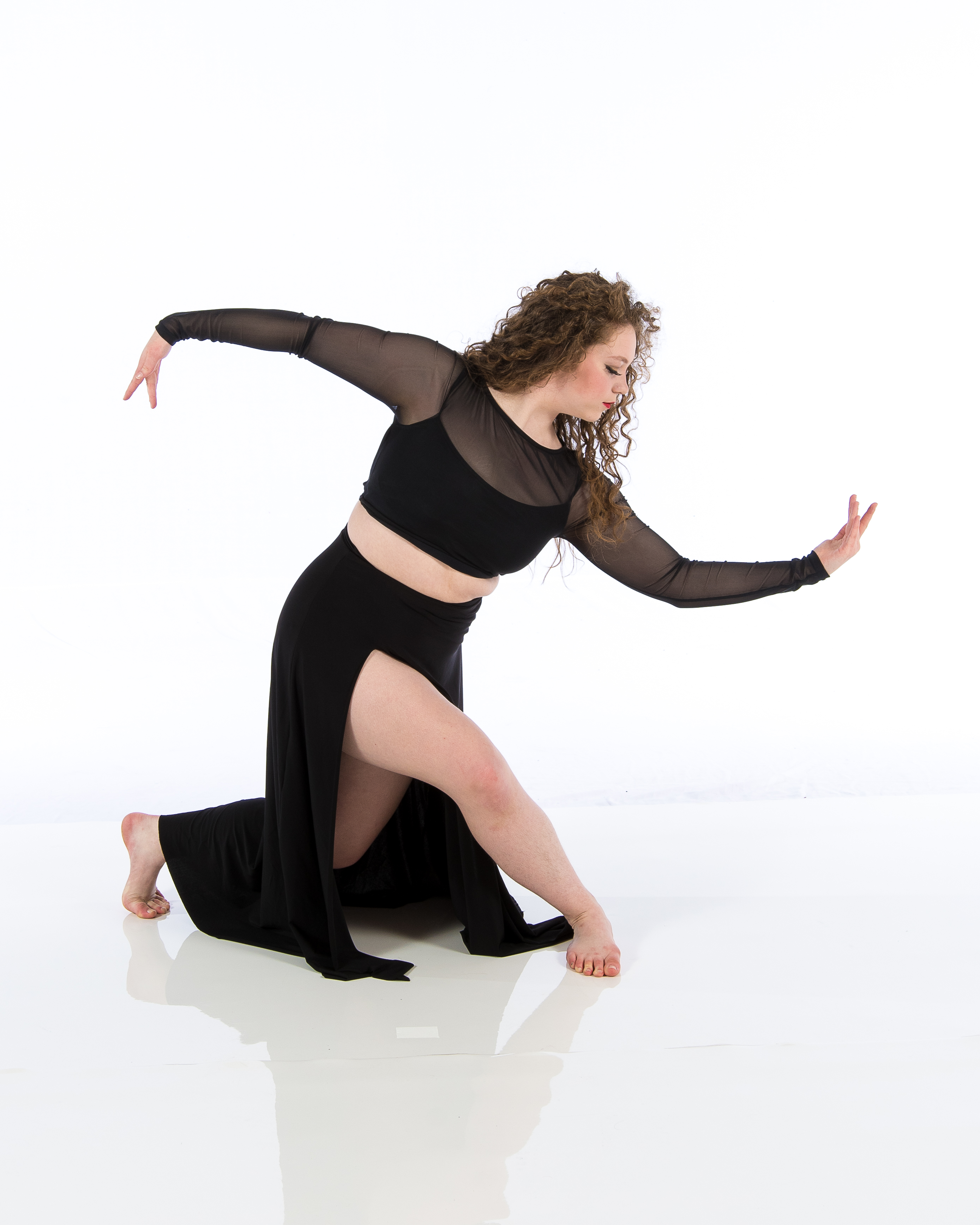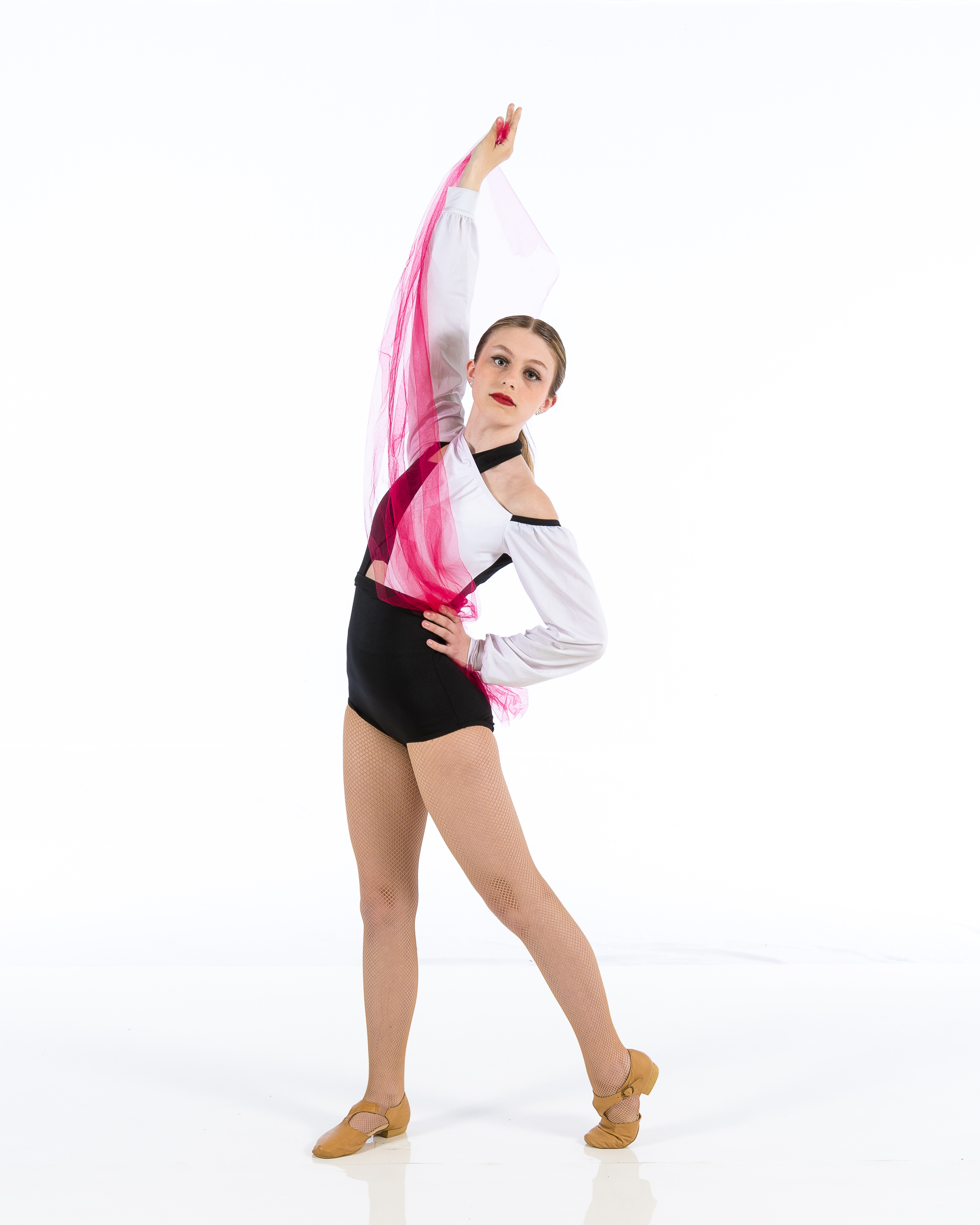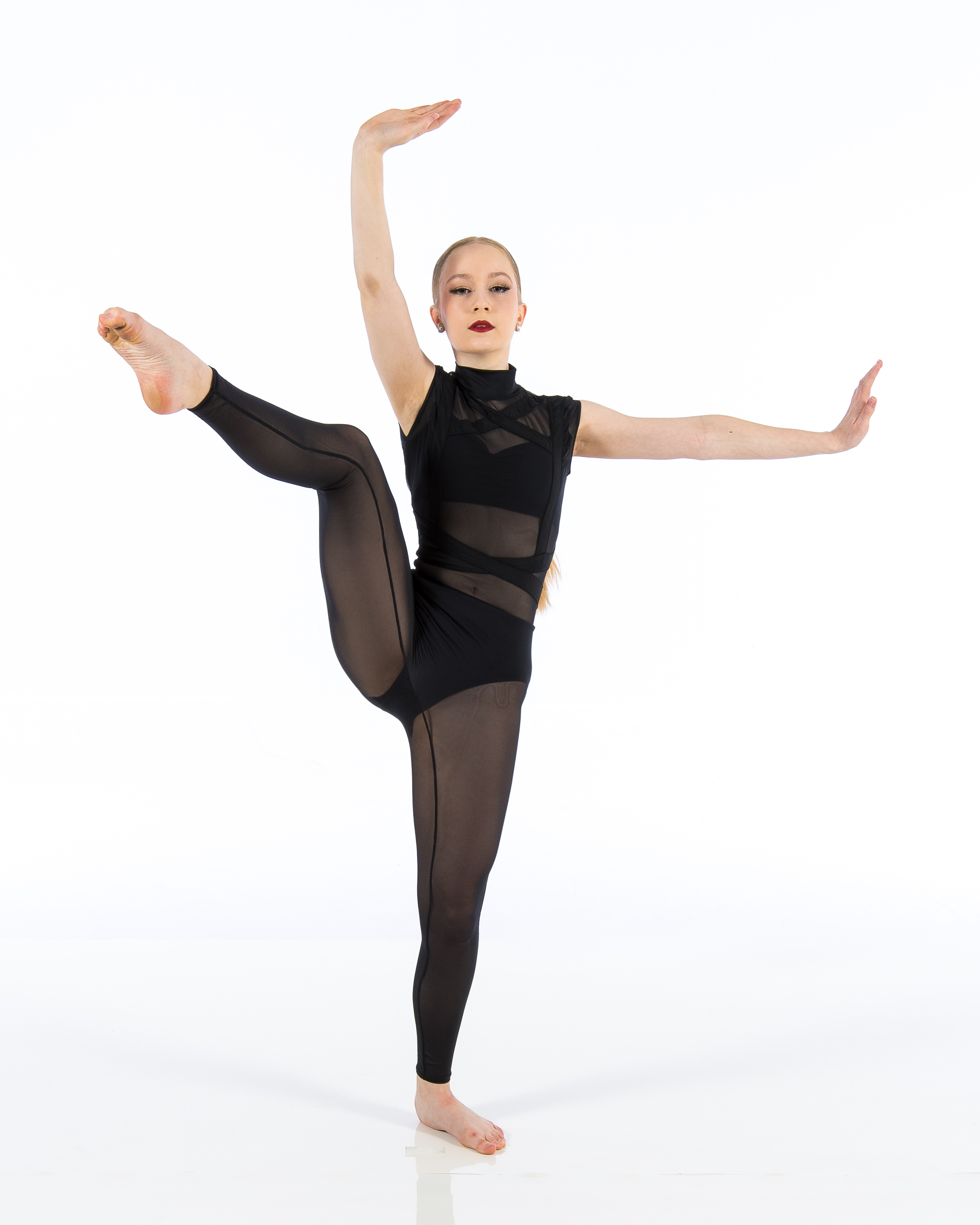Dance has long been revered as an art form that transcends language and culture. It's a universal expression of creativity, emotion, and physicality. But did you know that early dance classes can significantly enhance children's rhythm and coordination? As parents, educators, or even dance instructors, understanding how these elements come together can help foster a love for movement in young children. This article dives deep into the world of early dance education, exploring its many benefits while highlighting how it cultivates rhythm and coordination.
Understanding Rhythm and Coordination through Early Dance Classes
When we talk about rhythm in dance, we're referring to the timing of movements in relation to music or beats. It's not just about following a song; it's about feeling the pulse of the music and letting it guide your movements. Coordination is equally important, as it allows dancers to move their bodies fluidly and harmoniously. In early dance classes, children learn these essential skills in a supportive environment where they can explore their creativity.
What are Early Dance Classes?
Early dance classes cater to very young children—typically those between the ages of two and seven. These classes often introduce them to various dance styles such Dance Studio as ballet, jazz, hip-hop, or contemporary dance. The goal is less about producing professional dancers at a young age but more about fostering an appreciation for movement.
Why is Rhythm Important in Dance?
Rhythm serves as the backbone of all forms of dance. It helps dancers interpret music physically. Children who develop a strong sense of rhythm are often better equipped to engage with various musical genres later in life.
The Connection Between Rhythm and Music
Every piece of music has a distinct rhythm that can be felt even before it's heard. When children learn to match their movements with this beat, they develop an innate understanding of musical structure.
How Rhythm Influences Movement Quality
The quality of movements is significantly influenced by rhythm. Children who grasp rhythmic patterns tend to execute their dances with more grace and style.
What is Coordination?
Coordination refers to the ability to use different parts of the body together smoothly and efficiently. In dancing, exceptional coordination allows for intricate footwork combined with expressive arm movements.
Types of Coordination in Dance
- Gross Motor Skills: Large muscle groups used for jumping, running, or leaping. Fine Motor Skills: Smaller muscle groups used for hand gestures or facial expressions.
Both types are crucial for effective dancing.
Benefits of Early Dance Classes on Rhythm Development
Early exposure to structured musical patterns can create lifelong benefits:
- Enhanced Listening Skills: Kids learn to listen attentively. Improved Timing: A strong sense of timing can also translate into better academic performance.
Engaging Activities That Foster Rhythm
Clapping Games: Simple clapping games introduce children to basic rhythms. Musical Chairs: This classic game teaches kids timing in a fun environment. Rhythmic Instruments: Instruments like tambourines or maracas offer hands-on experience with rhythm.Benefits of Early Dance Classes on Coordination Development
Just like rhythm development, coordination takes center stage during early dance classes:
- Physical Fitness: Helps build strength and flexibility. Social Skills: Learn teamwork through partner dances or group routines.
Activities That Enhance Coordination
Obstacle Courses: Great for developing gross motor skills. Mirror Exercises: Encourages body awareness through mimicking movements. Dance Routines: Structured choreography improves overall body control.Role of Dance Studios in Skill Development
Dance studios play an essential role in teaching these skills effectively:
- They provide qualified instructors trained specifically for early childhood education. Offer a safe space where kids can express themselves without judgment.
Choosing the Right Dance Studio
Not all studios are created equal! Here’s what you should consider when selecting one:
Qualifications of Instructors
Look for instructors who have experience working with young children.

Curriculum Offered
Choose studios that offer diverse styles so kids can explore different forms of expression.
Class Size
Smaller class sizes ensure personalized attention which is invaluable for skill development.
FAQs About Understanding Rhythm and Coordination through Early Dance Classes
1. What age should my child start taking dance classes?
Most experts recommend starting between the ages of 2-4 years old so they can begin developing basic skills at an early age.

2. Can dancing really help improve my child's coordination?
Absolutely! Dancing engages multiple muscle groups simultaneously which improves overall coordination over time.
3. What styles are best suited for beginners?
Styles like ballet or creative movement are fantastic starting points because they focus heavily on basic techniques while remaining fun!
4. How do I choose the right class for my child?

5. Will my child benefit from group lessons versus private lessons?
Group lessons typically provide social interaction which is vital at younger ages while private lessons may focus more on individualized attention depending on your child's needs!
6. How long should my child stay enrolled in early dance classes?
Encourage them to stick with it for at least one full year; this provides enough time to see tangible improvement!
Conclusion
In conclusion, early dance classes serve as much more than just a fun activity; they lay down foundational skills such as rhythm and coordination that will benefit children throughout their lives—both inside and outside the dance studio! By nurturing these abilities at an early age, we allow our little ones not only to appreciate movement but also equip them with tools essential for various aspects of their development including cognitive growth and emotional intelligence.
So if you're considering enrolling your child in an early dance class—go ahead! You're not just signing them up for a hobby; you're opening doors to numerous opportunities that will enrich their lives forever!